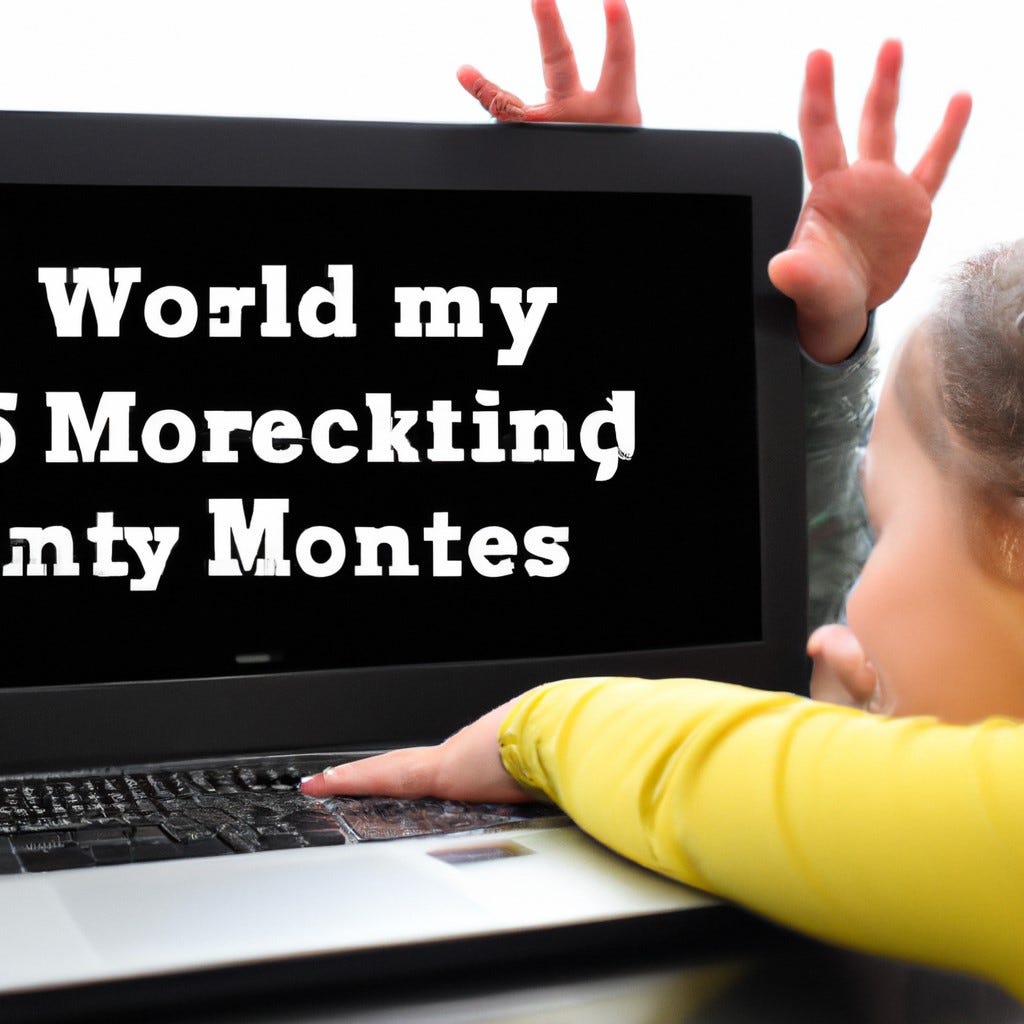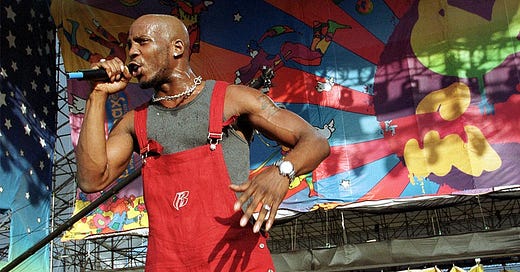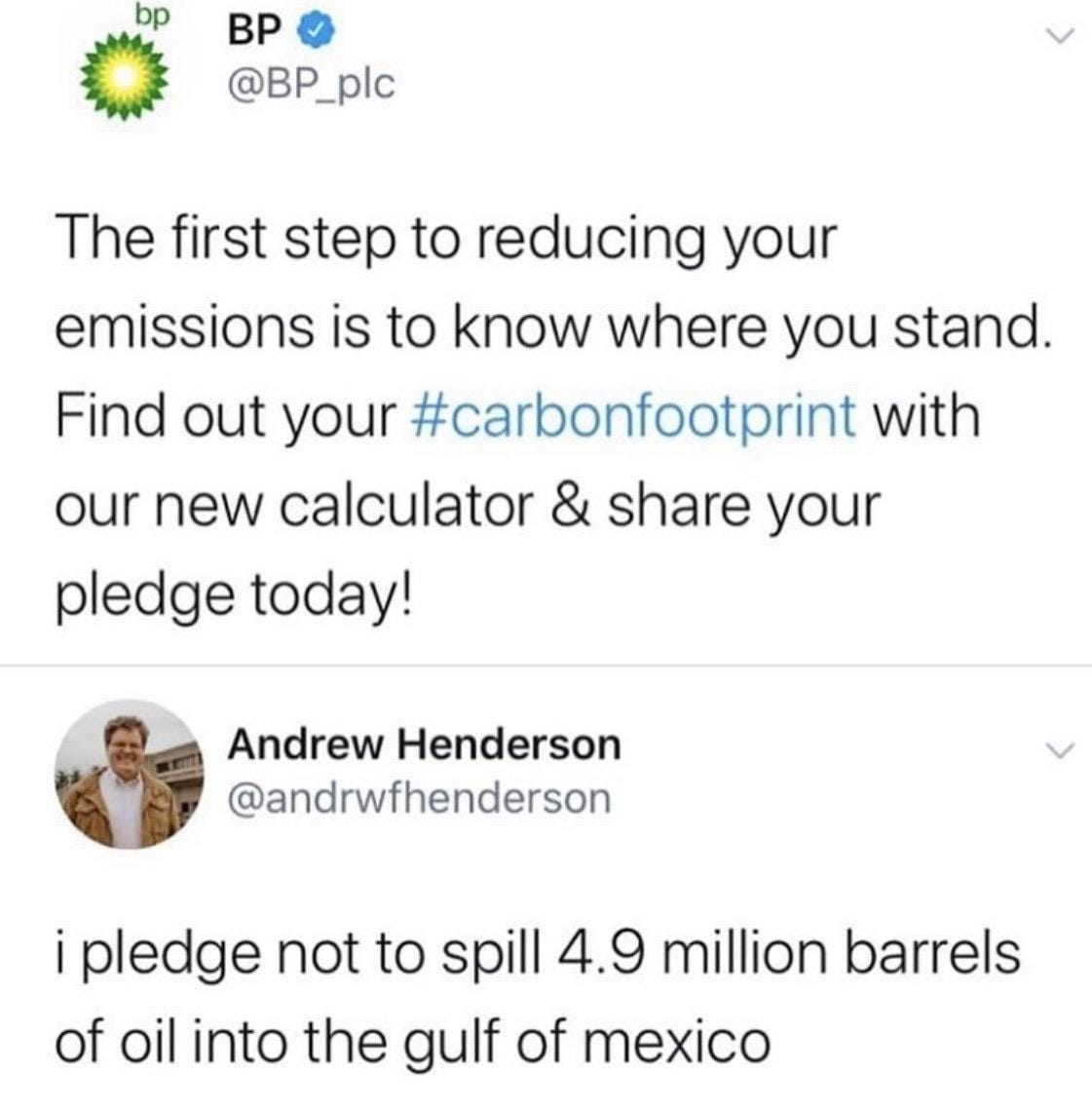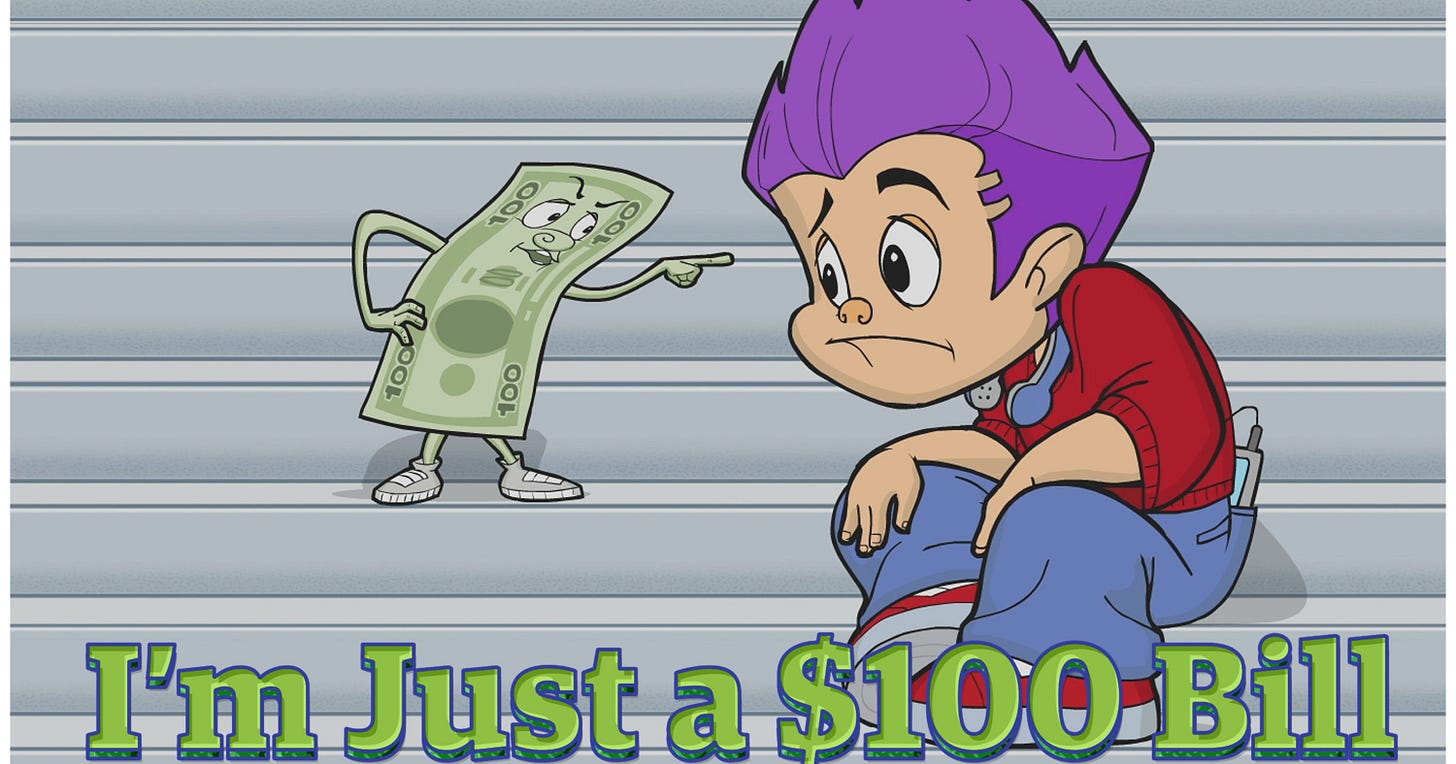In a world where everything is political, brands find themselves in a space where they might feel the need to take a stance. It’s the meme becoming true of brands turning “gay” for the month of June for Pride, and then reverting their logos to remove any trace of a rainbow at 12:01 a.m. July 1. While funny in a sad kind of way, the reality is that someone told brands they need to do more - they need to speak out on things like BLM or Florida’s “Don’t Say Gay” bill, or any other political hot potato that seeps out from the garbage of cable news shows to corporate boardrooms. Do consumers want this?
Shouldn’t People Care About This Stuff?
Absolutely. But brands should stay out of it.
Things like George Floyd’s death or rising authoritarianism in Florida’s government are important things within American society. They need to be discussed and debated and cared about. But by real people, not corporations. Sorry, Mitt.
I truly, sincerely, do not care what the bigwigs over at Oreo think of Black Lives Matter. I cannot muster up enough brain space to legitimately dissect how Target feels about the rise of anti-abortion laws in Republican-dominated state legislatures. Do you ever ask yourself “Hmm, what do you think the folks over at Sony think about America’s aging infrastructure and its effects on economic output as it concerns lost productivity due to surface traffic?” Of course you don’t.
And you’re not alone. People across the political spectrum are starting to realize, maybe multinationals in a capitalist society aren’t equipped to be the moral arbiters one might expect.
Aren’t There Some Obvious Stances Companies Should Take?
There are obvious (or seemingly obvious) stances companies should be able to safely take. Standing against racism, standing for sustainability, standing for equal rights for everyone seem like safe bets. But they’re not for two reasons.
Firstly, these stances are wildly performative. Tweeting (or X’ing) out support for some obvious cause, like saving Mother Earth, does absolutely nothing to actually save Mother Earth. It’s a transparent attempt at gaining cheap goodwill.
Secondly, the obvious stances aren’t obvious anymore. American politics has been devolving into an anti-intellectual cesspool since Reagan, and with it comes the hot takes of the far-right and the far-left. These are people you would cross the street to avoid a conversation with, but thanks to the advent of cable news and social media, they are now the loudest voices in a country full of people who wish they would just shut up and let us get on with our day.
That’s how you end up with things like the Bud Light and Dylan Mulvaney controversy (which I still don’t understand.) That’s how you end up with Target caving to far-right violence over Pride displays. It’s how Disney gets called a child sexual exploitation company, with Florida’s governor responding in kind.
So Brands Shouldn’t Take Any Stances?
Not in words. They should live by a set of values that sets their companies apart from their competitors, not a set of social media posts meant to align with a certain demographic. And if they do feel the need to run it by their PR team for publication, then they need to stick to it as opposed to try to appease both sides.
If a company believes in a single-payer healthcare system, then make sure your employees have top-notch health insurance at your company at a low price. If a company believes in sustainability, then make sure your supply chain isn’t riddled with single-use plastics and energy wasters. If they believe in equal rights for all, make sure your hiring and talent practices reflect that and that your employees feel heard and respected. If you feel the need to craft a Facebook or Twitter post about it you better have a solid history of living it.
Money Talks
The reality is that the number one value of companies in America is making money. It’s a company’s raison d’etre and what drives most (if not all) multinationals on a quarterly basis. In capitalism companies aren’t here to make the world better - that’s what charities are for. Companies exist to deliver quality products and services to a set of consumers at a fair price. They should aim to do it without making the world worse off, but they certainly don’t need to make a reel about it.
Would it be great if companies actually made the world better? Yes, but that’s diametrically opposed to capitalism, or in the most benevolent reading of capitalism it is a tertiary objective (at best.)
And that money they’re making, thanks to an openly corrupt Supreme Court, is actually considered speech. What most of the world calls “corruption,” America calls “lobbying.” And boy do companies lobby. If they have money left over from corrupting - err, lobbying - various government entities, they can then use unlimited amounts of that money to influence who those elected officials will be that they will lobby by funding Super PACs with ridiculous names.
They can also use these dollars to play both sides of an issue. It’s how Target pulls stores out of minority communities (falsely blaming the population’s shoplifting, throwing meat to a far-right base concerned about liberal cities) while donating hundreds of thousands of dollars to various congressional and mayoral minority associations, ensuring they won’t get too much heat for their specious shoplifting claims.
In summary, if brands believe in something they should act on it. Consumers have become wise to the cheap clout chasing in which too many of them engage. Unless it’s something they truly believe in (as opposed to what a PR consultant told them to do in order to tap into a potential growth audience), they should remain quiet on it and focus on the less controversial route: make enough money to lobby and elect your preferred candidates in a post-Citizens United world.
Grab Bag Sections
WTF MTA: We need a commercial Metrocard for businesses using the subway for their operations. We’ve all seen the guy pushing a catering cart of bagels and coffee on the subway during rush hour on behalf of his employer. That person paid the same $2.90 you and I did to get on the subway, but is taking up 400%+ more space (on a resource where space is extremely limited) for commercial purposes. If a business is using the subway like this for its operations, it should pay more than a regular commuter.
DALL-E Nightmare Fuel of the Week:

Quote of the Week: “Centrism is a shortcut around hard judgments, leading to a dead end.” - George Packer, Last Best Hope
See you next week!










I think it might be more complicated.
Take the Bud Light and Dylan Mulvaney controversy for example. The genesis wasn't an ad hoc tweet in response to public outcry—à la a BLM or Trans Lives Matter twitter post in the immediate aftermath of a tragedy—but rather a planned and paid-for advertising campaign. A campaign in which, ostensibly anyway, Mulvaney was endorsing Bud Light, and not the other way around. Obviously Bud Light sought out the affiliation by soliciting the endorsement (I think they sent her a customized pack of beer, though I never actually saw her video about it), so we can assume they were hoping to come across as endorsing Mulvaney (and therefore the LGTBQ+ community at large), but that leaves the question of why. As you explain in your piece, companies exist to make money, so our assumption should be that someone at Bud Light thought this would be a good way to make more money. Same goes for Target with their pride displays. How were those displays approved unless someone convinced a decision maker that the displays would lead to greater profits. Your suggestion is that they were an empty gesture, but I think that assumes a lot. The most simple explanation is that the displays were meant to make money.
Now, in both cases, the company had to backtrack, but that just leads to more questions, not conclusions. That is, we can't say, "because they backtracked, it signals that it was obviously an empty gesture." Instead we have to ask ask, "why did they backtrack?" Did they not anticipate the backlash? (and does someone in marketing need to be fired?) Or did they just underestimate the backlash (in the case of Bud Light that there would be more financial harm than benefit, and in the case of Target that there would be threats of violence)? If that's the case, then the anticipated backlash probably ought to factor into future campaign calculations. But so long as those risks are accounted for, and the company still thinks there is an additional dollar to be made by courting a particular demographic (in these cases the trans community and the greater LGBTQ+ and Ally community) that would be the most logical path to take. Right?*
I think the problem is less that corporations want to tweet popular slogans, because of course they do, or that they are often ham-fisted about it, because of course they are**, and more so that we find ourselves in a situation where Target has to take down pride displays to protect their employees from threats of violence. To say that the problem in that scenario is Target is way off the mark. The problem is violent extremists who present a real and viable threat. Same for Bud Light. Kid Rock's video is just one example of many that sent a clear message, "we have guns, and if you do something we disagree with, we will use them to hurt or kill you." I'm under no illusion that Bud Light actually cares about trans people, but I won't lay the political divide at their feet, or blame both sides ("the hot takes of the far-right and the far-left."). There is only one side threatening and perpetrating violence on a regular and widespread basis—rightwing extremists and the less-extreme constituency that enables them. The world we live in is one in which even the quietest member of the LGBTQ+ community, the one who won't even shop from a pride display, lives under the near-constant threat of violence and even an entity as powerful as AB InBev can't speak up without courting extremist backlash. If that were not the case, if there were no threat of violence, then we might live in a wold where we can tell a corporation to shut up (because, yes, they should), but that is not the world we live in.
*For an example of this, consider Subaru, which specifically targeted the lesbian community. Yes, their campaign was more subtle, but that only raises the question of execution, not principal.
**This is true but bizarre. Companies exist to make money, but they just can't seem to figure out how to pay people to protect them from saying something stupid in public.